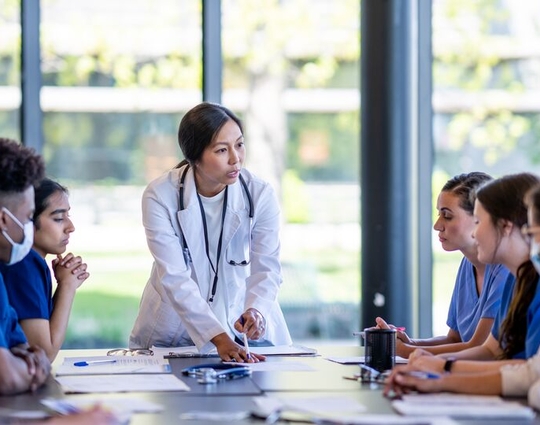University of Oslo (UiO) was founded in 1811 as the first university in Norway. UiO is the highest ranked institution of education and research, and the largest public institution of research and higher learning in Norway. The Faculty of Medicine’s teaching and research activities range from basic biomedical subjects to clinical subjects and health subjects, with a clear international profile. The Institute of Health and Society (Helsam) has a strong research portfolio in primary health for management, practice and professional development. Helsam hosts UiO:eColab, advanced e-infrastructure to study technology mediated collaborative team work and complex patient-centered interventions in primary care. eLearning resources supplement our efforts to stimulate skills development and encourage evidence-based practice with sound decision-making. The MOOC project is an example of a project that builds and expands on previous work to establish comprehensive digital learning opportunities for interdisciplinary competency development in primary care; this extensive collaboration with primary care is an invaluable resource for the MOOC project.
University College of Southeast Norway (USN) is Norway’s second largest state-owned university, measured by the total number of students enrolled. USN aims to have a regional foundation with eight campuses. USN hosts a PhD-program in person-centered healthcare. USN has established the Science Centre Health and Technology at the Faculty of Health and Social Sciences to establish experiences that support future development of a sustainable healthcare system. The Centre is a lab and a meeting place, focusing on the affordances given by technology and digitalization to support needed innovation in the health and welfare system. Collaborative processes between the person in need of services, the industry, hospitals, municipalities and interdisciplinary collaboration between faculties are at the core of the Science Centre´s activities.
This case study combines an interest to use innovative eLearning solutions, like a MOOC, with a commitment to offer opportunities for workforce capacity building that includes life-long learning offerings based on authentic and increasingly challenging practical problems. In sum, this will increase workforce digital skills and the capacity to deal with more complex patient problems in primary care.
We developed a MOOC titled “Klinisk undersøkelse og tverrfaglig samarbeid i primærhelsetjenesten (KlinPrim)” This translates to English as “Focused, Clinical Assessment and Interdisciplinary Collaboration in Primary Care”. The MOOC seeks to develop eHealth competencies and workforce capacity building in terms of learning new clinical skills for systematic assessment and interdisciplinary collaboration. This is reflected in the MOOC’s learning objectives, expressed as gained experience, knowledge and skills in a) systematic observation of vital signs; b) triage with relevant observations and assessments to determine severity and urgency; c) physical examination and comprehensive physical assessment of older patients; and d) in-depth focus on heart and lungs, after completion of the modules in the MOOC. Inherent in these goals is to gain proficiency with the use of digital resources.
The content for this MOOC was prepared during several participatory workshops with project partners in primary care. After prioritizing the content areas, we invited a wide range of healthcare practitioners to provide relevant examples of common and challenging situations. They participated in developing real-life scenarios to illustrate authentic situations the learners could use as starting points in the MOOC. These were used as the basis for clinical assessment activities, communication of key findings in a standardized way to ensure interdisciplinary interpretation and question and answer (Q&A) or quizzes.
Our hypothesis is that through workforce development and specifically digital resources to enhance health assessment skills, we will contribute to an increase in the staffs’ capacity to differentiate common clinical issues in primary healthcare and start necessary interdisciplinary collaboration to prevent deterioration of the simulated patient’s condition.



